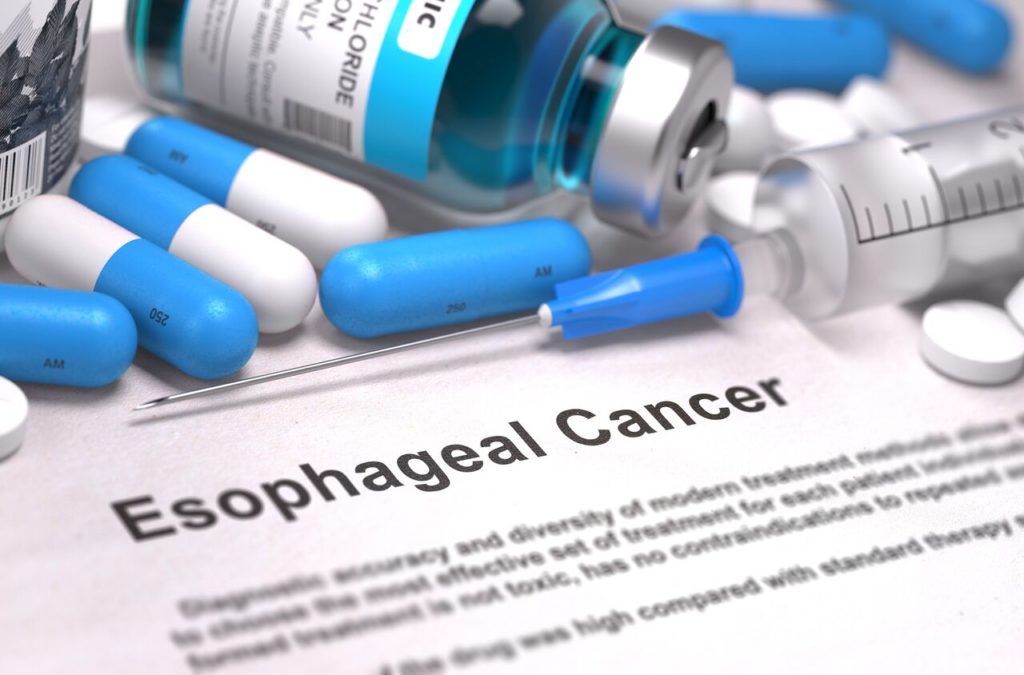 A group of Chinese researchers conclude that “drinking tea at high temperatures is associated with an increased risk for esophageal cancer when combined with excessive alcohol or tobacco use.”
The group’s findings were reported in “Effect of Hot Tea Consumption and Its Interactions With Alcohol and Tobacco Use on the Risk for Esophageal Cancer: A Population-Based Cohort Study,” which was published in the Annals of Internal Medicine in February.
“People who drink at least one alcoholic beverage and a “burning hot” cup of tea on a daily basis were five times more likely to develop esophageal cancer than people who drank tea at any temperature less than once a week, the study found,” The Telegraph reported.
“The risks to smokers also increase with high-temperature tea drinking," said the study. Drinking boiling hot tea every day was associated with roughly twice the risk of esophageal cancer as consuming tea less than weekly for people who smoked.”
Lv Jun, of Peking University Health Science Centre in China, a co-author of the study, told The Telegraph: “Boiling hot tea will harm the cells in the esophagus. If the person also drinks alcohol and smokes, then the harm caused will be more heightened.”
A group of Chinese researchers conclude that “drinking tea at high temperatures is associated with an increased risk for esophageal cancer when combined with excessive alcohol or tobacco use.”
The group’s findings were reported in “Effect of Hot Tea Consumption and Its Interactions With Alcohol and Tobacco Use on the Risk for Esophageal Cancer: A Population-Based Cohort Study,” which was published in the Annals of Internal Medicine in February.
“People who drink at least one alcoholic beverage and a “burning hot” cup of tea on a daily basis were five times more likely to develop esophageal cancer than people who drank tea at any temperature less than once a week, the study found,” The Telegraph reported.
“The risks to smokers also increase with high-temperature tea drinking," said the study. Drinking boiling hot tea every day was associated with roughly twice the risk of esophageal cancer as consuming tea less than weekly for people who smoked.”
Lv Jun, of Peking University Health Science Centre in China, a co-author of the study, told The Telegraph: “Boiling hot tea will harm the cells in the esophagus. If the person also drinks alcohol and smokes, then the harm caused will be more heightened.”

